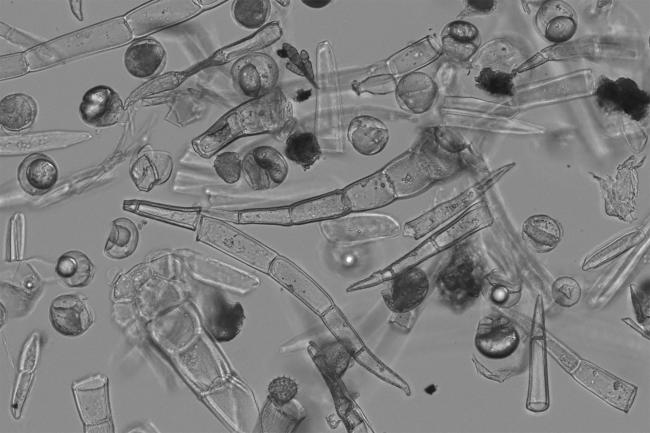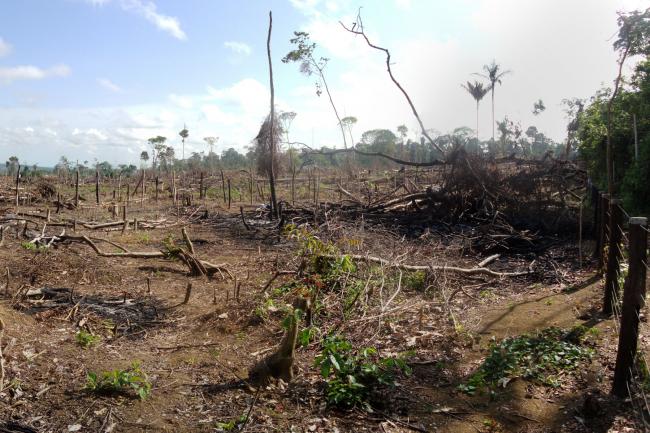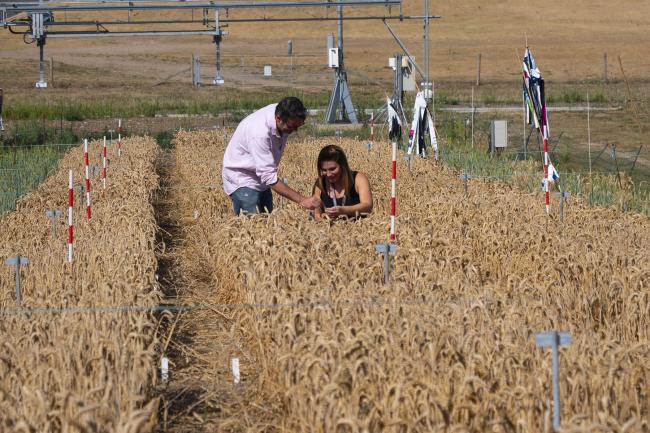Grassroots Genomics
A user-driven platform for integrating and sharing plant genomic information.

Grassroots Genomics is a gateway for the plant genomics community to access and record a wide range of data types. It connects data generators and data users to provide an information-rich sharing and analysis platform.
The platform improves the interconnectedness of the research community by consolidating and connecting to a number of bioinformatics tools and infrastructure, making previously unavailable, manually-recorded data more accessible. This makes it a fundamental tool for delivering FAIR data (Findable, Accessible, Interoperable, and Reusable) in the crop genomics community.
Experiment Data
Through the mobile app, researchers working in field or glasshouse trials are able to record and upload experiment and phenotype data - including images - directly to the system, speeding up and reducing errors in the data entry process.
Services available to users include:
Working with the John Innes Centre, a Grassroots mobile app has been developed allowing the submission of images and data whilst in the field. Similarly, our work with Rothamsted Research has led to support for drone image data.
Using Grassroots
Grassroots is available via any web browser - grassroots.tools - and Android App (search for Grassroots Mobile App).
The project is fully open source and the source code is available on GitHub.
If you use any of the services that Grassroots provides in your own research, please ensure you include the following citation:
Bian. X, Tyrrell. S, Olvera. D, Davey R.P. The Grassroots life science data infrastructure (2017). https://grassroots.tools
The Grassroots Infrastructure wraps up a number of industry-standard software tools with a consistent API that can be integrated on a number of levels.
Institutions and researchers can set up a lightweight virtual machine, link their existing data services, and connect their Grassroots instance to others. Users accessing any set up will see the same combined data and services from both.
While it is crop species agnostic, the platform has been developed over many years for use in wheat genomics, building on collaborative multi-partner initiatives such as Designing Future Wheat (DFW), now Delivering Sustainable Wheat (DSW).
DSW is a co-ordinated and collaborative initiative to address critical challenges in wheat health, yield, and production in order to safeguard the future of this vital crop. The overall programme is led by the John Innes Centre, with the Earlham Institute co-leading the ‘sustainable data frameworks for wheat’ work package.
The Earlham Institute’s expertise in data standards, infrastructure, and sharing means it can develop long-term data strategies for DSW, giving the project sustainable data coordination.
Grassroots Genomics is a central platform for delivering this and ensuring DSW aligns to FAIR data standards. It will support a key aim of DSW, deploying long-term data unification strategies to produce a sustainable data coordination framework.
The Legume Generation Project is an €8.6m Horizon EU-funded project to boost legume breeding across Europe. Contributing to this initiative, the Earlham Institute is collating phenotypic and genetic data from members of the consortium, managed under FAIR principles and made available to breeders to improve legume food crops and animal feed.
The Grassroots platform is being used to record phenotypic crop data, including height, protein content, and biomass, as well as the unique features of each trial and location.
Grassroots has been developed over a number of years thanks to the efforts of many contributors.
We acknowledge the ongoing support from DSW Partners at Rothamsted Research, John Innes Centre, and Bristol University.
Our goal is to unite the community of wheat researchers, from breeders to bioinformaticians, in generating, evaluating, and integrating wheat data.
We are committed to maintaining and promoting the principles of Open Science to enable discoveries and enhance the value of integrative research. Working with the wheat community and technologists, we will deliver a coordinated and federated infrastructure for sustainable data and metadata management.
























